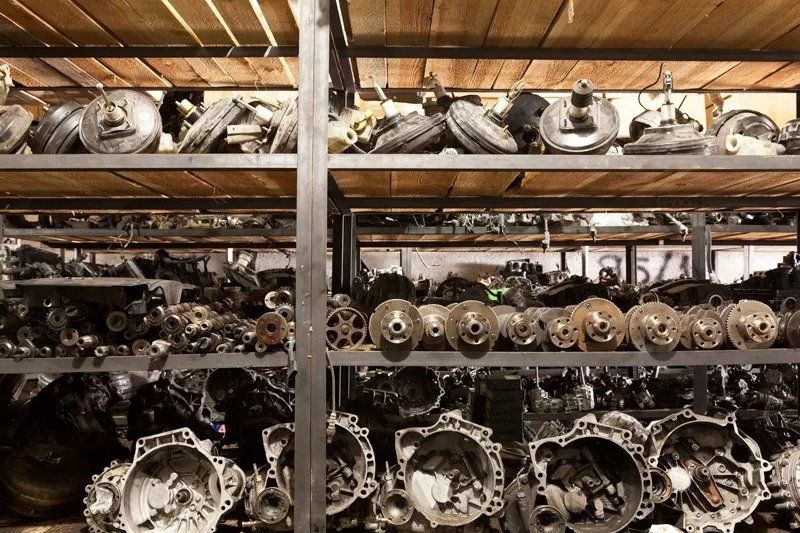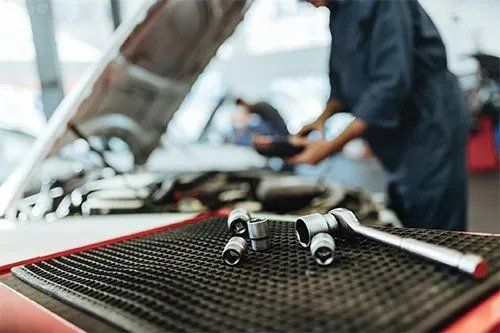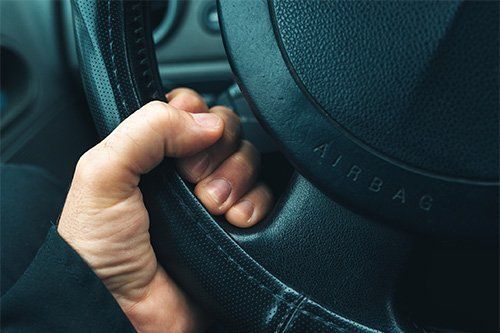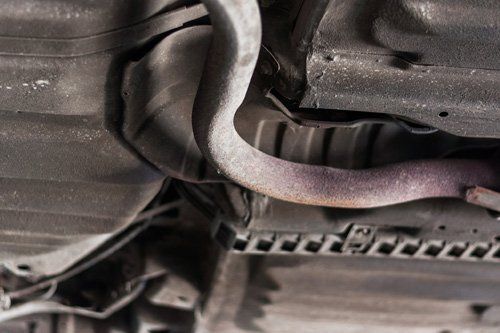There's no substitute for test-driving a used vehicle before purchasing it. There are, however, some preliminary questions that can be asked before looking at a vehicle to determine whether it's worth test driving. If you're in the market for a used vehicle, ask a salesperson these questions before going to see any vehicle to determine whether it's worth test driving.
What Condition Is the Vehicle In?
First and foremost, find out what condition the vehicle is in. The condition will help you determine how long the vehicle might last and whether it's suited to your needs.
The exact condition you should look for will depend on how you'll be using the vehicle. If you'll be driving around clients, you probably want a car that's both reliable and aesthetically impeccable. If you want a deal and perform your own automotive work, something that's in rougher shape might be a bargain. Consider your needs, and then determine the condition you want.
Has the Vehicle Been in Any Accidents?
Second, find out whether the vehicle has been in any accidents. You don't need to avoid models that have been in accidents, for many vehicles that have been in fender benders are still safe and reliable. If a vehicle has been in an accident, however, you'll want to ask about the damage.
The salesperson you're talking to likely won't know the specifics of the accident, as they probably weren't the person driving when the vehicle was hit. They should, however, be able to provide some basic information.
Specifically, the salesperson's reports should not whether a vehicle was towed from the accident site and whether the airbags deployed. These are signs of more significant damage that could cause mechanical problems. If the airbags didn't go off and a vehicle drove away, the damage was likely minor.
Are the Vehicle's Service Records on Hand?
Third, not all used vehicles come with complete service records, but it's helpful when these are available. When service records are available, you can see how the vehicle was maintained and check whether major maintenance items were taken care of. For example, you can look up whether the timing belt has been changed or will need to be soon.
If service records aren't available, a vehicle might still be worth test driving. You may want to bring someone who's familiar with cars along for the test drive, though, so they can check to see what maintenance has been done.
Why is the Vehicle Priced as It Is?
Fourth, find out how the seller arrived at the listed price point. Unlike new cars, used vehicles don't come with manufacturer's suggested retail prices. Their prices are based on many factors, including age, mileage, condition, and features. Many of the factors are negotiable, and sellers expect to negotiate.
Knowing the seller's reasoning and how they weighed different factors will provide common ground for negotiating once you see the vehicle in person.
Is the Title In-Hand and Clean?
Finally, find out whether the vehicle's paperwork is in order. Ideally, the title should be in-hand, meaning the seller has it, and it should be clean. A clean title doesn't have any liens that need to be paid off before the vehicle can be sold.
If a vehicle's title is in-hand and clean, you can drive away with the car as soon as you pay for it. There will just be a couple of forms to fill out and sign, which can be done when you're paying. If the title isn't in-hand or clean, be prepared to wait a little while the seller gets the official title or pays off a lien.
There are lots of questions to ask when you're shopping for a used vehicle. To learn more about any of the
used vehicles we have for sale, contact us at Advantage Salvage & Auto Parts.
A rebuilt engine isn't the most common car repair, but there are a few times when a rebuild is the best repair for the situation. Learn more about them.
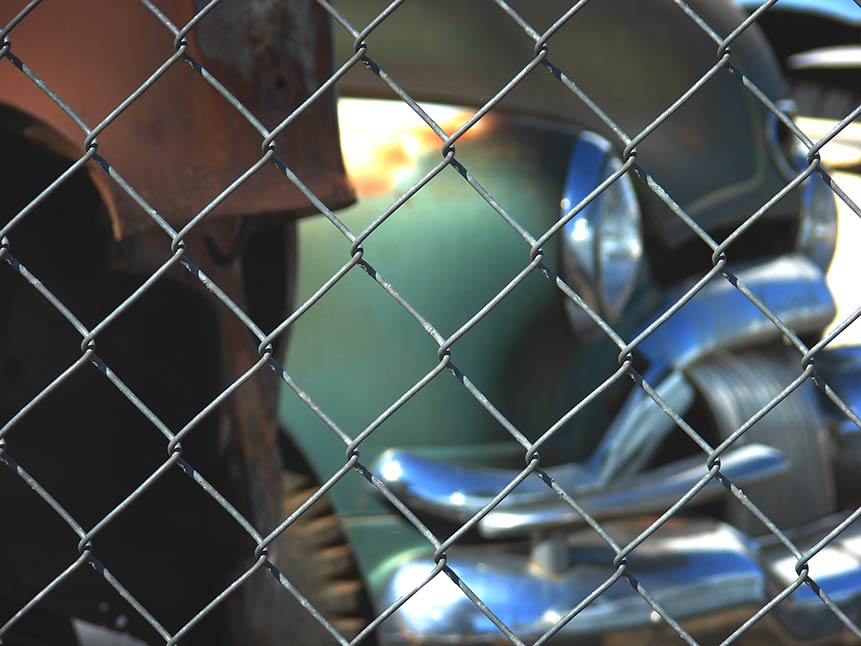
Salvage auto part yards are a source of great bargains for those who want to replace parts on their vehicles. However, those who have never purchased from a salvage yard before should learn a few things about how to do business with a salvage yard. The following are six mistakes you need to avoid if you go to a salvage yard to look for used auto parts.


